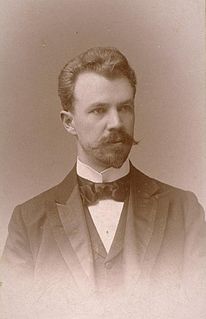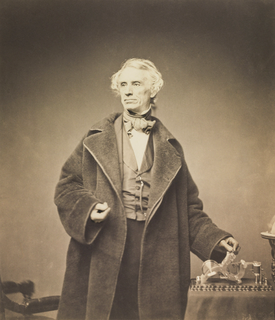A Quote by Ralph Waldo Emerson
Don't make a novel to establish a principle of political economy. You will spoil both.
Related Quotes
Today it's fashionable to talk about the New Economy, or the Information Economy, or the Knowledge Economy. But when I think about the imperatives of this market, I view today's economy as the Value Economy. Adding value has become more than just a sound business principle; it is both the common denominator and the competitive edge.
What was fun for me with this book [Lincoln in the Bardo] was to start out with the principle that went, "We're going to fight every day to make this not a novel; make it too short to be a novel." And then with that principle in place, the book sort of starts to say, "Okay, but I really need this. I really need some historical nuggets." And you're like, "All right, but keep it under control."
Citizens across the United States are now uniting in a great cause to establish a Department of Peace, seeking nothing less than the transformation of our society, to make non-violence an organizing principle, to make war archaic through creating a paradigm shift in our culture for human development, for economic and political justice and for violence control.
I think that it is important to establish a world of place for the characters in improv and there is nothing to be gained from disagreeing about that. So you have to establish the principle that if some person establishes one thing we're all going to go along with it and that we are all building from it.
Physicists often quote from T. H. White's epic novel The Once and Future King, where a society of ants declares, "Everything not forbidden is compulsory." In other words, if there isn't a basic principle of physics forbidding time travel, then time travel is necessarily a physical possibility. (The reason for this is the uncertainty principle. Unless something is forbidden, quantum effects and fluctuations will eventually make it possible if we wait long enough. Thus, unless there is a law forbidding it, it will eventually occur.)
We must raise the salaries of our operators or they will all be taken from us, that is, all that are good for anything. You will recollect that, at the first meeting of the Board of Directors, I took the ground that 'it was our policy to make the office of operator desirable, to pay operators well and make their situation so agreeable that intelligent men and men of character will seek the place and dread to lose it.' I still think so, and, depend upon it, it is the soundest economy to act on this principle.
In general, I think every novel is a political novel, in that every novel is an argument about how the world works, who has power, who has a voice, what we should care about. But political novels can be boringly polemical if they end up being too black and white, too one dimensional, like war is bad, killing people is wrong.










































